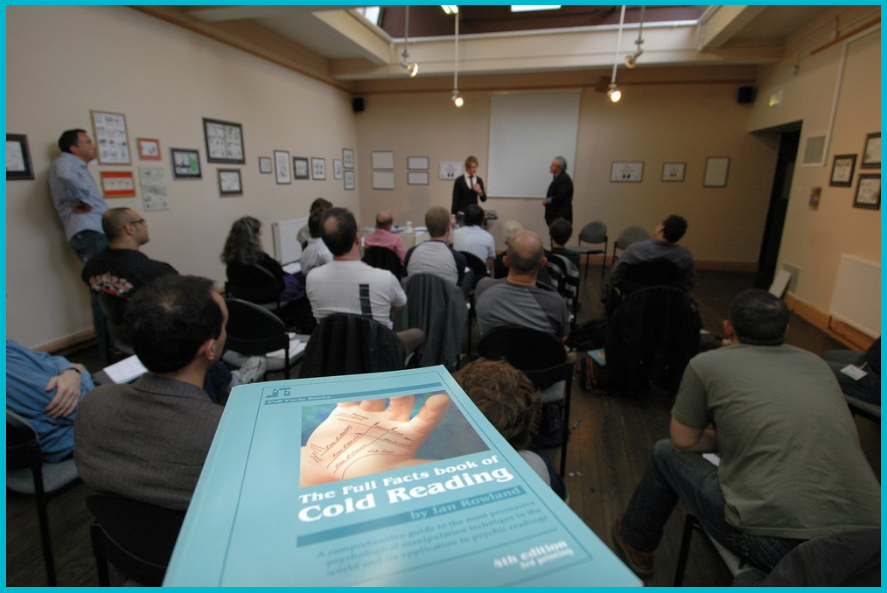Cold Reading Meaning: What It Really Is and Why It Matters
Cold Reading Meaning: What It Really Is and Why It Matters
If you’ve ever wondered how psychics, fortune tellers, or mind readers seem to know intimate details about complete strangers, you’ve already brushed up against the world of cold reading. To understand the cold reading meaning, you don’t need to believe in the supernatural. Instead, you need to understand psychology, communication, and a little theatrical flair.
This guide will explain the cold reading meaning, give real examples, and show why these techniques are used in entertainment, sales, and everyday communication.
Cold Reading Meaning: The Basics
At its core, the cold reading meaning is simple. Cold reading is the art of making statements to someone you’ve never met that sound specific, insightful, and accurate. Instead of drawing on supernatural powers, it relies on universal truths, clever phrasing, and observation.
The cold reading meaning has two sides:
In Entertainment – Mentalists and psychics use it to impress and mystify audiences.
In Communication – Professionals use it to build rapport, establish trust, and connect with others quickly.
Breaking Down the Cold Reading Meaning
When people search for “cold reading meaning,” they often want to know how it works. Here are the key elements:
Generalised Statements: Broad claims that apply to almost everyone.
Feedback Loop: The subject reacts, and the reader adjusts statements accordingly.
Empathy and Authority: The speaker appears insightful by blending warmth with confidence.
Psychological Hooks: People remember the “hits” and forget the “misses,” reinforcing the illusion of accuracy.
This is why the cold reading meaning is less about psychic power and more about understanding human psychology.
Classic Techniques That Define the Cold Reading Meaning
Here are some classic techniques that illustrate the cold reading meaning in action:
Barnum Statements – “You like to be appreciated, but sometimes you feel under-valued.”
The Rainbow Ruse – Giving someone opposite traits: “You’re outgoing, but you also need time alone.”
The Jacques Statement – Linking personality to age: “As you’ve grown older, you’ve learned to trust yourself more.”
Fuzzy Facts – Vague but seemingly specific guesses: “I sense a connection with the letter J.”
Sugar Lumps – Small flattering remarks sprinkled throughout: “You’re the kind of person others rely on.”
Each of these fits within the cold reading meaning because they create the impression of deep insight without requiring special knowledge.
Why Cold Reading Meaning Goes Beyond Psychics
The cold reading meaning extends beyond the psychic industry. Today, many professionals use these techniques in practical, ethical ways:
Salespeople use cold reading to quickly build rapport.
Leaders use it to show empathy and motivate teams.
Negotiators use it to read the room and influence outcomes.
Everyday communicators use it to sound more relatable and attentive.
Understanding the cold reading meaning empowers you to spot when it’s being used on you and to use it ethically yourself.
The Ethics of Cold Reading
Part of the cold reading meaning involves intention. Used honestly, it’s a valuable communication tool. Used deceptively, it can manipulate vulnerable people into believing false claims.
The takeaway? The cold reading meaning is neutral in itself; it’s the way it’s applied that makes the difference.
The next time someone astonishes you with seemingly psychic insight, you’ll know what’s really happening. The cold reading meaning comes down to human psychology, clever communication, and the ability to sound insightful without prior knowledge.
By learning the cold reading meaning, you can sharpen your awareness, improve your own communication skills, and avoid being misled. Cold reading isn’t magic it’s people skills dressed up as mysticism.





